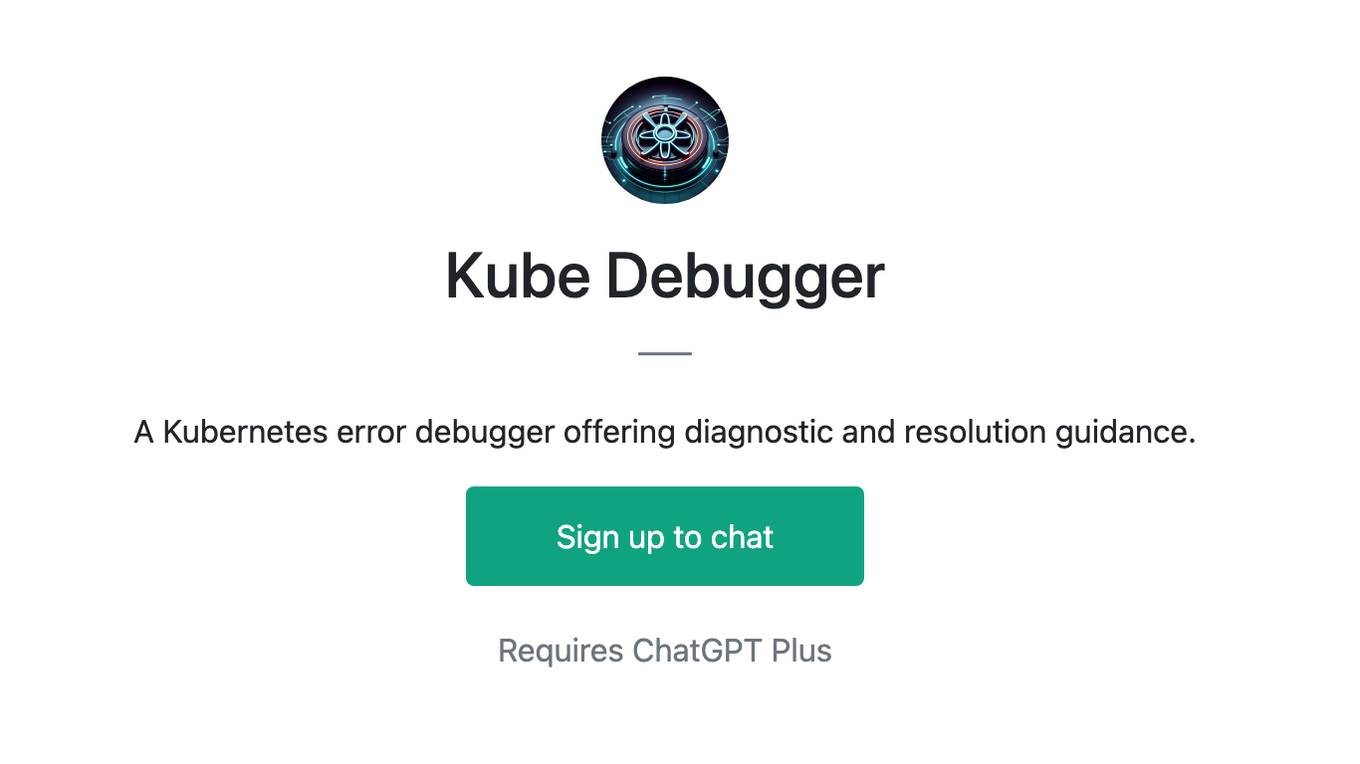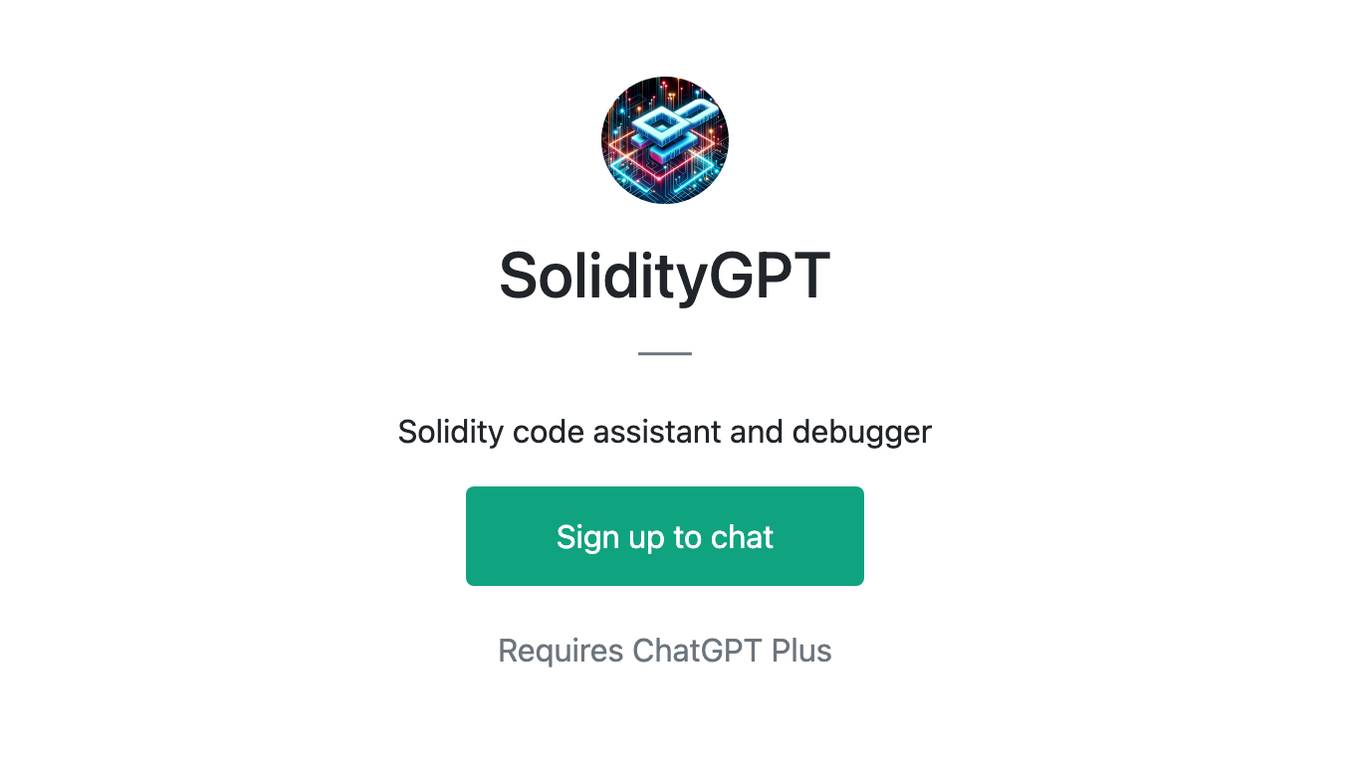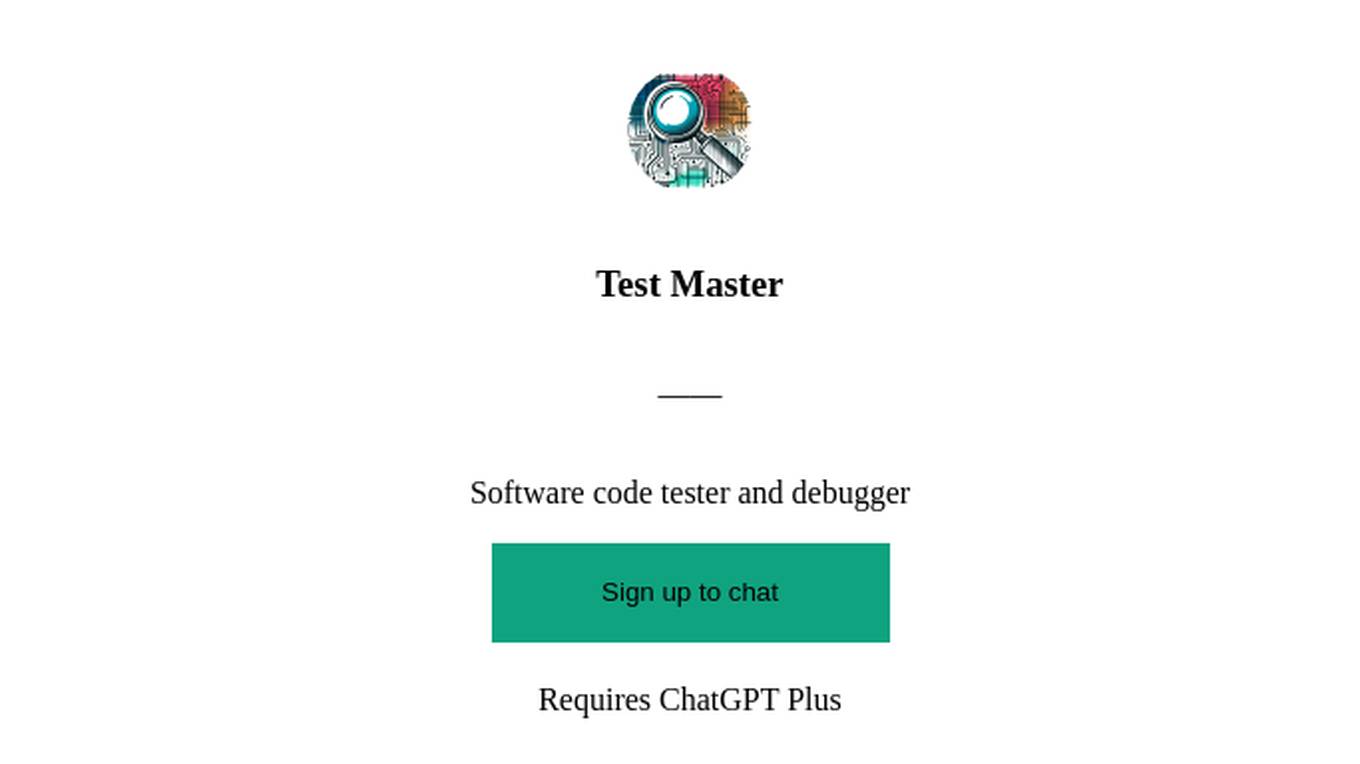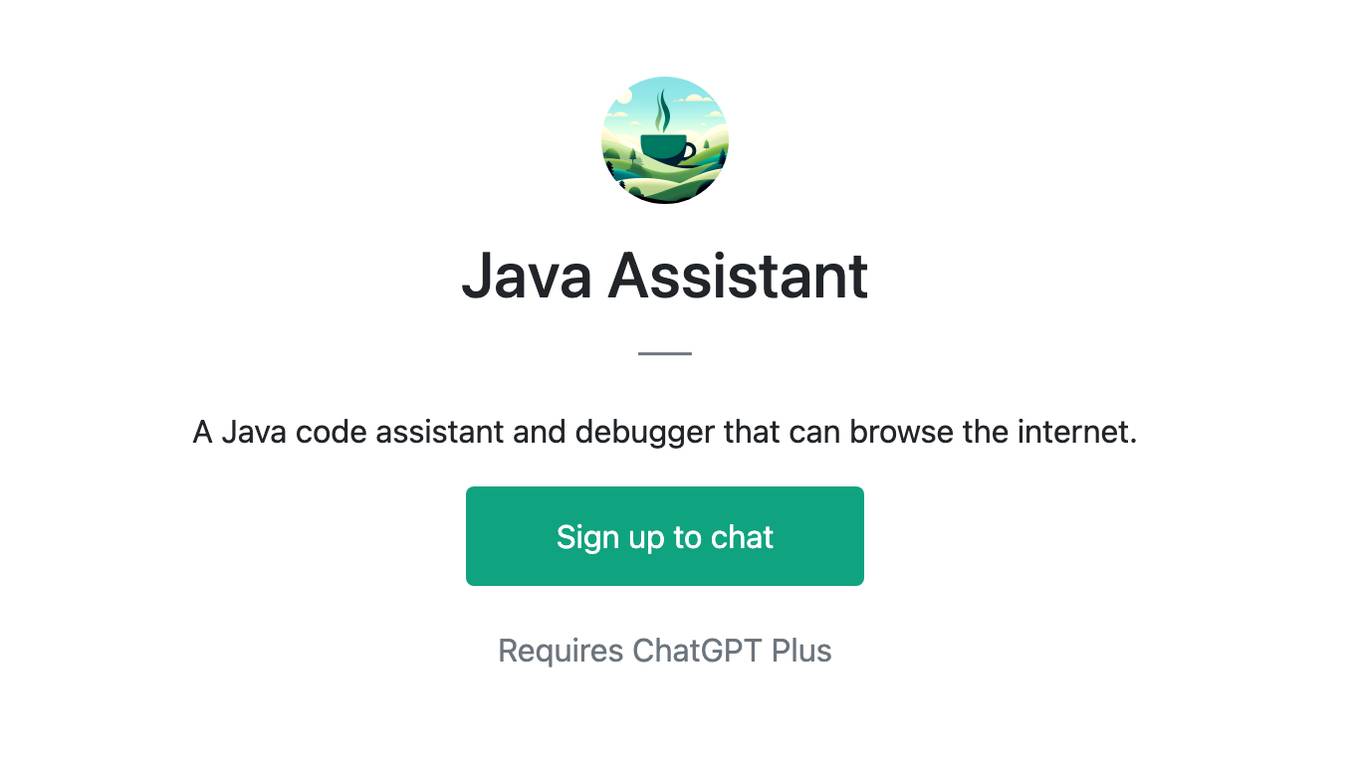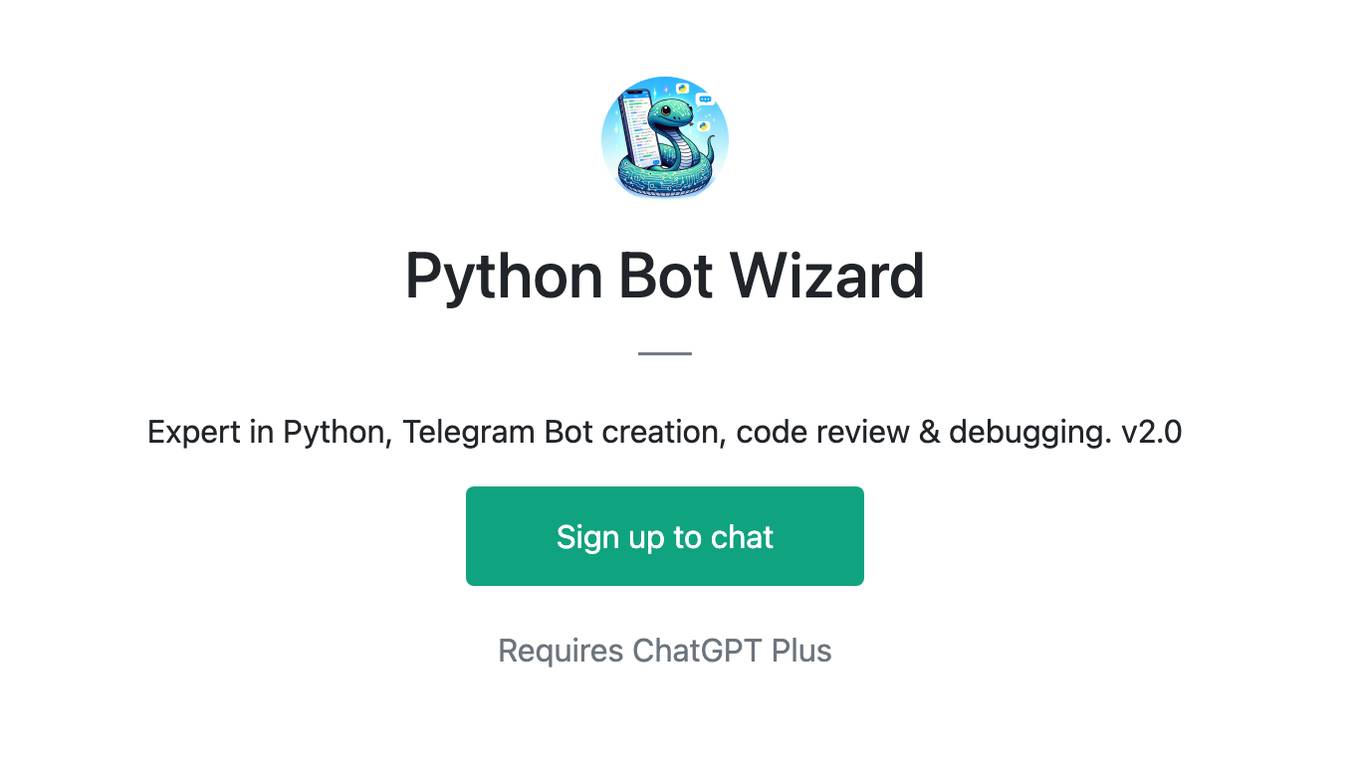Best AI tools for< Debugger >
Infographic
5 - AI tool Sites
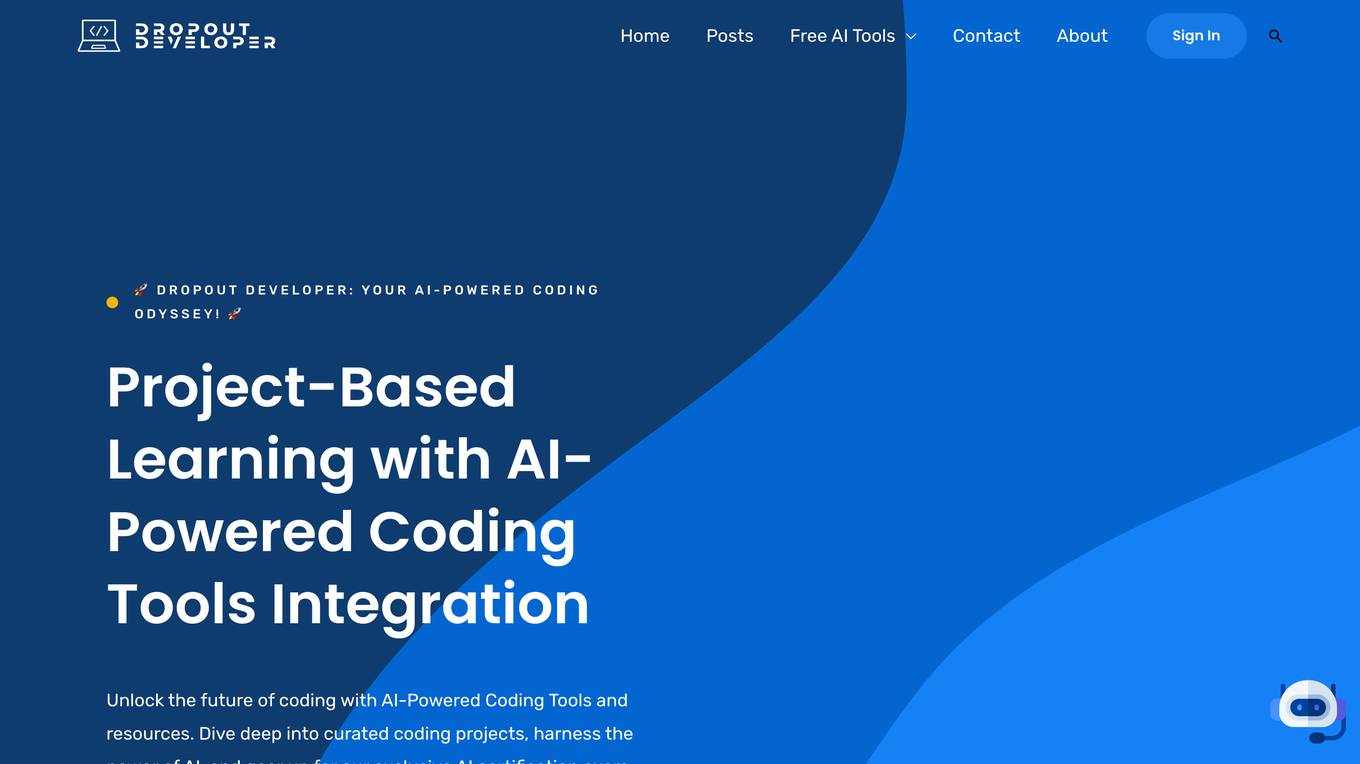
Dropout Developer
Dropout Developer is an AI-powered platform dedicated to empowering self-taught programmers with personalized learning plans, expert guidance, and a supportive community. It offers over 100 AI tools tailored for coding and digital marketing needs. Users can access free resources, tutorials, and online courses to enhance their coding skills and build successful careers in technology.

Amazon Bedrock
Amazon Bedrock is a cloud-based platform that enables developers to build, deploy, and manage serverless applications. It provides a fully managed environment that takes care of the infrastructure and operations, so developers can focus on writing code. Bedrock also offers a variety of tools and services to help developers build and deploy their applications, including a code editor, a debugger, and a deployment pipeline.

Unified DevOps platform to build AI applications
This is a unified DevOps platform to build AI applications. It provides a comprehensive set of tools and services to help developers build, deploy, and manage AI applications. The platform includes a variety of features such as a code editor, a debugger, a profiler, and a deployment manager. It also provides access to a variety of AI services, such as natural language processing, machine learning, and computer vision.

Ardor
Ardor is an AI tool that offers an all-in agentic software development lifecycle automation platform. It helps users build, deploy, and scale AI agents on the cloud efficiently and cost-effectively. With Ardor, users can start with a prompt, design AI agents visually, see their product get built, refine and iterate, and launch in minutes. The platform provides real-time collaboration features, simple pricing plans, and various tools like Ardor Copilot, AI Agent-Builder Canvas, Instant Build Messages, AI Debugger, Proactive Monitoring, Role-Based Access Control, and Single Sign-On.

GPTDuck
GPTDuck is an AI-powered writing assistant that helps you create high-quality content quickly and easily. With GPTDuck, you can generate text, translate languages, write different kinds of creative content, debug code, and more. GPTDuck is the perfect tool for anyone who wants to improve their writing skills or save time on content creation.
0 - Open Source Tools
6 - OpenAI Gpts
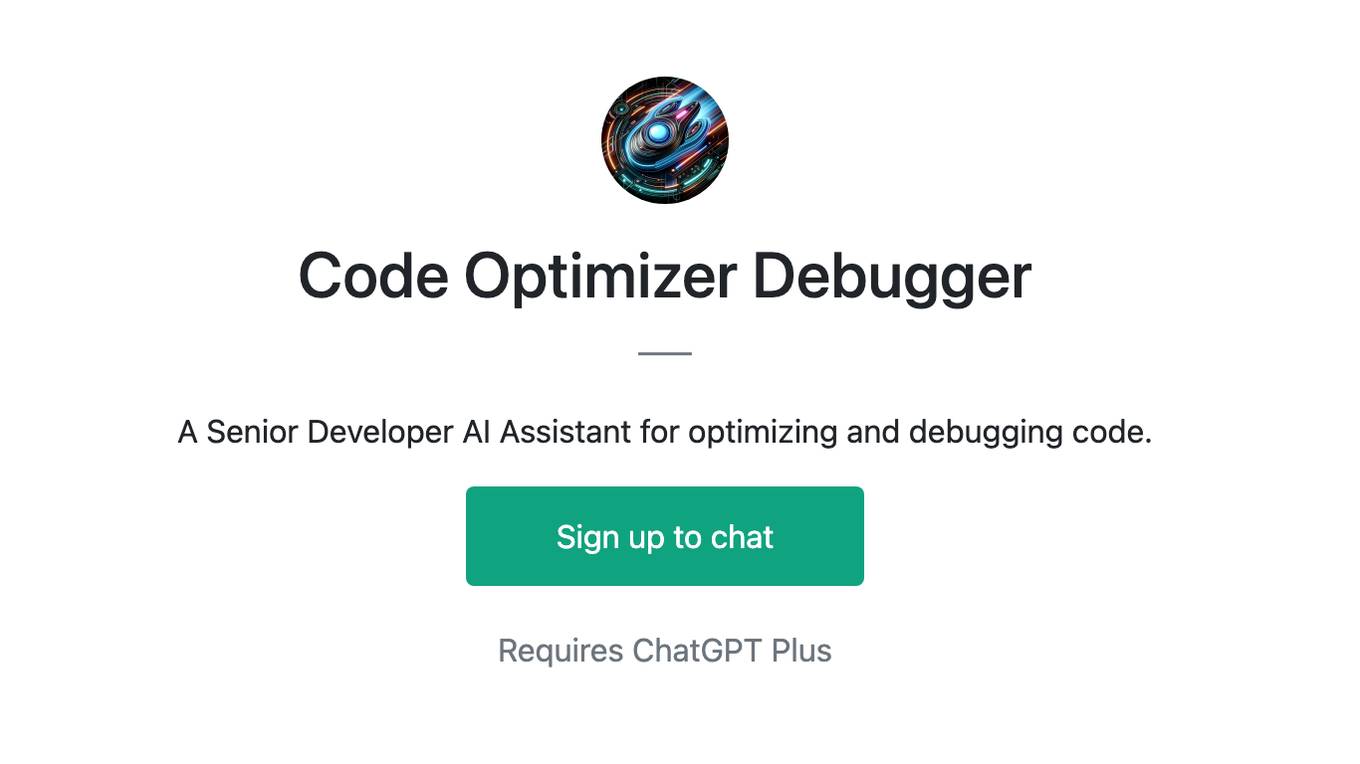
Code Optimizer Debugger
A Senior Developer AI Assistant for optimizing and debugging code.
